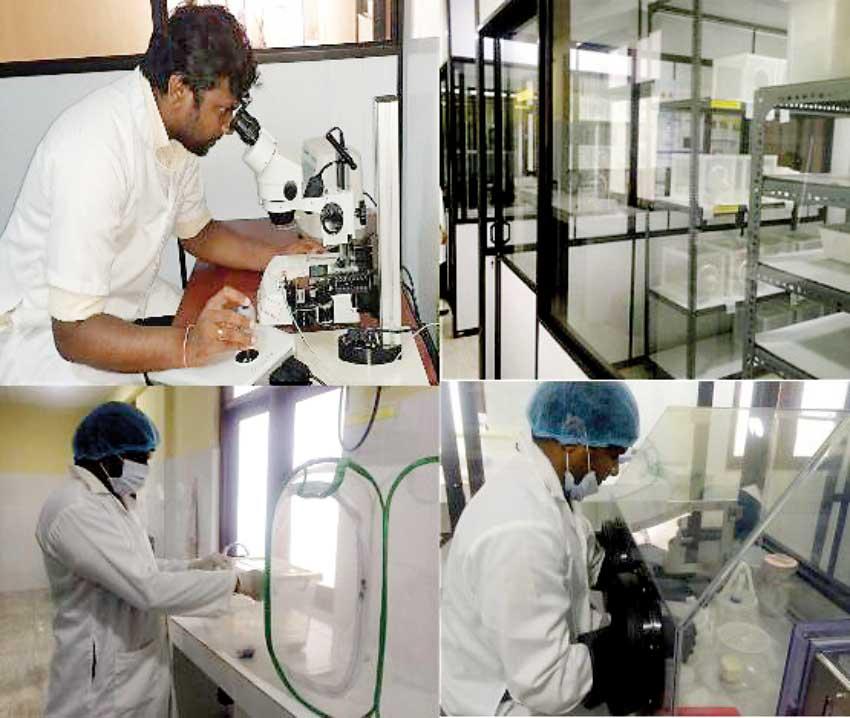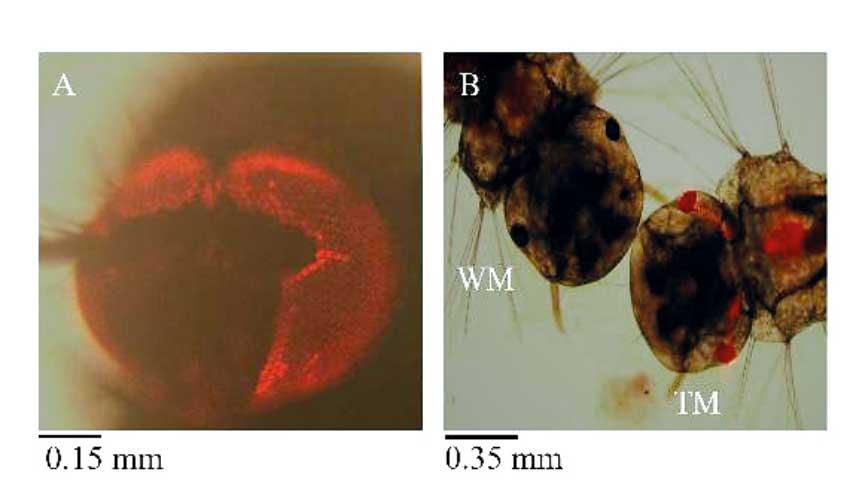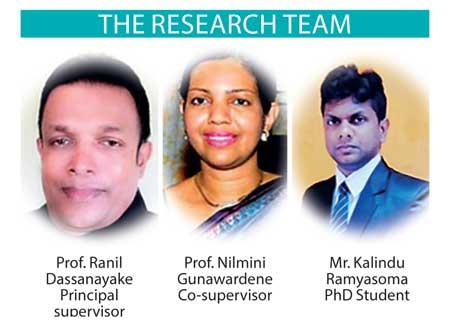24 Apr 2021 - {{hitsCtrl.values.hits}}

Microinjections of mosquito eggs and laboratory & semi-field studies of transgenic mosquitoes
Mosquito-borne diseases achieved greater attention over the last few decades. It has been reported that mosquitoes are responsible for spreading diseases of Malaria, Dengue virus, Yellow fever virus and Chikungunya virus. Dengue virus causes epidemics in more than 100 tropical and sub-tropical countries and over 2.5 billion people (over 40% of the world’s population) are now at risk of dengue virus infection.
There are no medicines or effective vaccines developed for dengue and mosquito vector control is the most promising option to control dengue virus transmission. The conventional vector control methods used currently have only limited success
In recent years, dengue has become the number one vector-borne disease in Sri Lanka, and it experienced the worst ever dengue virus outbreaks in 2009, 2010 and 2013 showing that dengue is a major health issue in Sri Lanka. There are no medicines or effective vaccines developed for dengue and mosquito vector control is the most promising option to control dengue virus transmission. The conventional vector control methods used currently have only limited success. Therefore, the research team led by Prof. Ranil Dassanayake, Department of Chemistry, University of Colombo in collaboration with Prof. Nilmini Gunawardene, Molecular Medicine Unit, Faculty of Medicine, University of Kelaniya undertook the development of the dengue virus-resistant transgenic Ae.

Red fluorescence expression in transgenic mosquito eyes
aegypti line using an RNA interference (RNAi) based technology as a part of the PhD research project of Mr. Kalindu Ramyasoma. The dengue resistant gene (multiple sh-RNA molecule) was designed bioinformatically and was expressed under the control of Aedes aegypti Carboxypeptidase A blood inducible promoter, only at the time the dengue virus enters the mosquito body. In the process of development, the dengue resistant gene coupled with a red fluorescent reporter gene to be expressed in the ommatidium units of eyes was introduced into the Aedes aegypti mosquito (the primary vector of dengue virus transmission) eggs using the advanced gene transformation technique, microinjection and transgenic mosquito lines were recovered based red florescent protein of eyes and this way our group was able to develop the first transgenic mosquito as the first transgenic animal in Sri Lanka.
 Later, based on expression analyses and on dengue challenging experiments carried out, it was revealed the multiple sh-RNA molecule processed into si-RNA (small molecular scissors to cleave dengue virus) in transgenic mosquito lines and is resistant to dengue virus serotype 2 and 4 by the action of si-RNA and this is the first reported transgenic mosquito resistant to multiple dengue virus serotypes developed in the world. This transgenic mosquito-based vector control strategy has also been successfully semi-field tested and will be of national importance in its efforts towards the control of the dengue virus transmission. This research entails not only the development of products to fight against the dengue virus but also advanced- cutting edge technologies that can be applied to control both other mosquito-borne diseases and pest insects affecting the Sri Lankan population. This work has been published in prestigious peer-reviewed research journals RNA Biology and BioMed research and the project is funded by the National Research Council [TO 14-04] grant.
Later, based on expression analyses and on dengue challenging experiments carried out, it was revealed the multiple sh-RNA molecule processed into si-RNA (small molecular scissors to cleave dengue virus) in transgenic mosquito lines and is resistant to dengue virus serotype 2 and 4 by the action of si-RNA and this is the first reported transgenic mosquito resistant to multiple dengue virus serotypes developed in the world. This transgenic mosquito-based vector control strategy has also been successfully semi-field tested and will be of national importance in its efforts towards the control of the dengue virus transmission. This research entails not only the development of products to fight against the dengue virus but also advanced- cutting edge technologies that can be applied to control both other mosquito-borne diseases and pest insects affecting the Sri Lankan population. This work has been published in prestigious peer-reviewed research journals RNA Biology and BioMed research and the project is funded by the National Research Council [TO 14-04] grant.
29 Nov 2024 55 minute ago
29 Nov 2024 2 hours ago
29 Nov 2024 3 hours ago
29 Nov 2024 3 hours ago
29 Nov 2024 4 hours ago